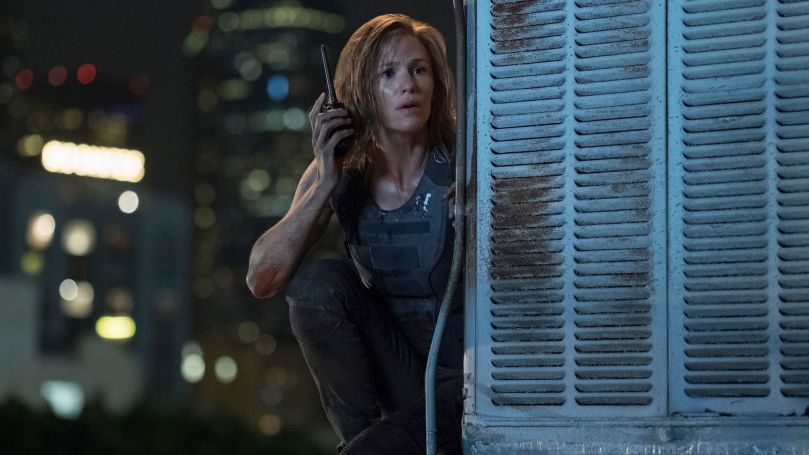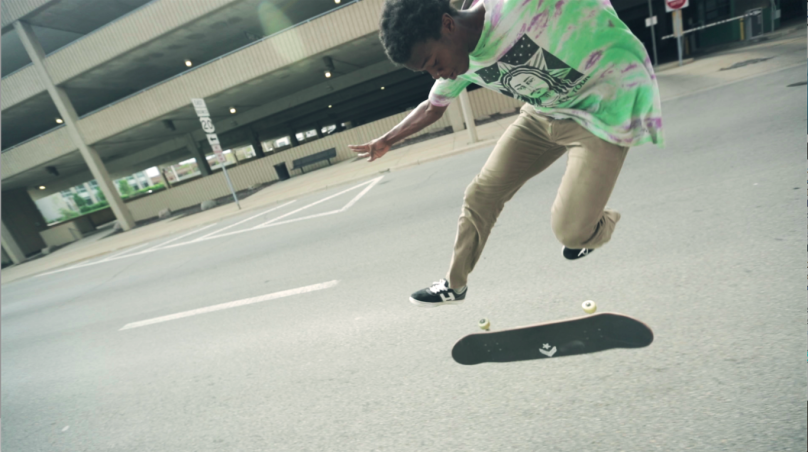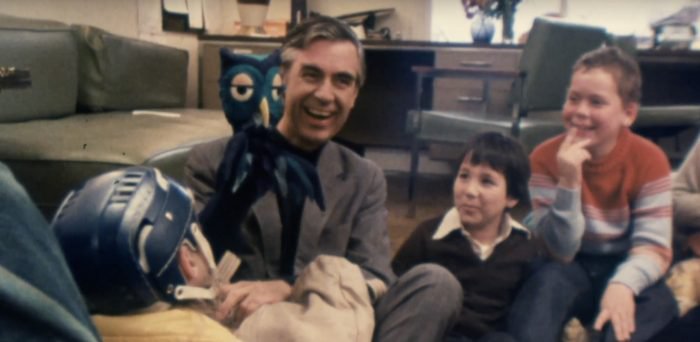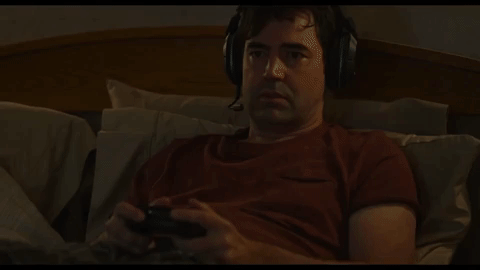
One of the most talked-about revenge thrillers of the last decade was a little film you may have heard of called Taken, starring the inimitable Liam Neeson. Now, admittedly, I have never seen Taken.
Let’s get this out of the way: I’ve never seen The Godfather, Taken, or Frozen.
Did we all survive that? Good.
I haven’t seen Taken, but I get the gist. Liam’s offspring is abducted and he spends the film tracking down the abductors and delivering gravelly one-liners. I bring up Taken for two reasons:
- Taken director Pierre Morel also directed Peppermint
- Everyone I’ve explained the premise of Peppermint to has said some variation of, “Oh, so it’s Taken, but starring a girl.”
I find that second one offensive for reasons that I will spare you unless you ask me directly.
I will tell you that Peppermint is not exactly the same plot as Taken. I can see where one might find similarities, and again — haven’t seen Taken, but I don’t think they’re the same film.
Riley North (Jennifer Garner) is not a soccer mom. She does not maintain the same luxurious lifestyle as her cohorts in the Girl Scout cookie business. She and her husband, Chris (Jeff Hephner) get by on a modest set of means. The apple of Riley’s eye is her daughter, Carly (Cailey Fleming).

In an effort to get his family out of the financial valley they can’t seem to climb out of, Chris gets involved with some lethally nasty people. When the unsavory persons in question get wind of Chris’s plans to make some cash off of them, they take care of the problem in an ASAP fashion.
In the blink of an eye, Riley has the rug ripped out from under her, leaving her no choice but to survive in an effort to get justice.
While I can see where they were going with this, the actual story — at this point in our country’s history — is mightily tone-deaf. We have a white woman — some would say justifiably — gunning down people of color. Peppermint might be in poor taste at any time, but now seems especially unfortunate.
If we were to put that aside, we’re given the age-old debate: is it okay to break the law if the circumstances warrant the action? If a man steals a loaf of bread to feed his starving family, is it OK? If a woman kills like 87 people to get justice for her slain husband and daughter, is it OK?
I don’t know the answers, if I’m being honest. Peppermint seems to have every intention of empowering women, but does a very poor job. Instead, it delivers a message — unsettling at best — that at the end of the day, that children are our most precious resource and should be protected at all costs. Under the guise of an action film, Peppermint glamorizes guns and romanticizes murder.

With everything happening at the border and the immeasurable, seemingly unstoppable gun violence, this is very bad timing. There might’ve been an appropriate time for Peppermint, but I’m not sure when that would ever be.


























